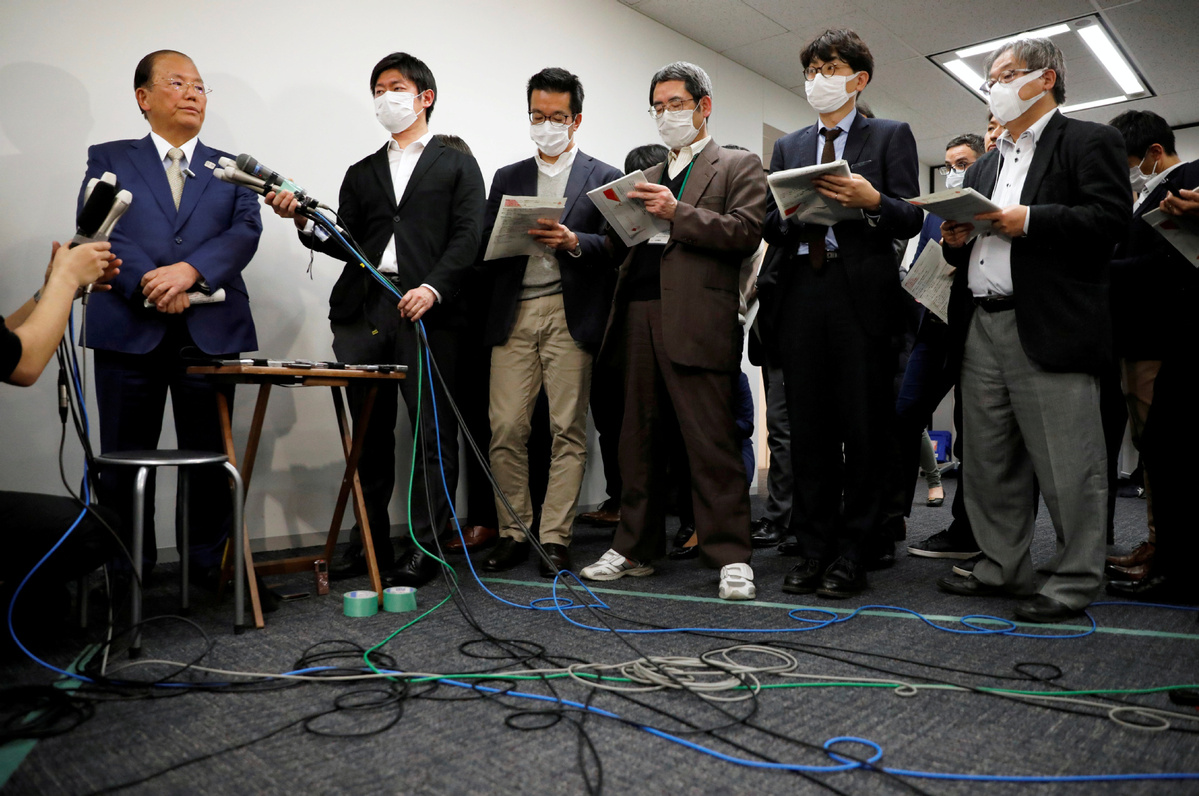Debate still raging over Tokyo Olympics

Venues completed

According to media reports, preparations for the Games are continuing smoothly.
With work on the aquatics center completed on March 6, all permanent venues for the events have now been built, the Tokyo Olympic organizing committee said, adding that the spread of the virus will not have much of an impact on preparations for the Games.
But health experts said that if Japan is still planning to host the Olympics at the end of July, parallel measures are needed for preparations and epidemic control.
Some of the experts suggested that Japan could learn from Brazil's experience. In 2016, the Zika virus spread to more than 60 countries and regions worldwide. With the WHO classifying it as a Public Health Emergency of International Concern, many calls were made for the Rio Olympics to be suspended.
The Brazilian government allocated $126 million in emergency funding to combat the outbreak, while sending more than 200,000 troops to fight the virus nationwide.
After athletes and the media moved into their Olympic accommodations, the organizing committee for the Games regularly sprayed these areas to repel mosquitoes and prevent the Zika virus spreading.
In addition, a number of high-tech measures were used at the Games to ensure the health of athletes and visitors. One highlight was a mobile app developed to enable people to track the virus and to learn about preventive measures.
No cases of infection were reported among athletes at the Rio Olympics.
But COVID-19 is much more difficult to contain than Zika, as it is spread in a more diverse and complex way.
If the outbreak cannot be contained, the Tokyo Games organizing committee has another option-to proceed with the Games behind closed doors.
Stephen Park, British Cycling's performance director, said earlier that the IOC and the WHO had discussed plans to host the Tokyo Olympics without spectators.























